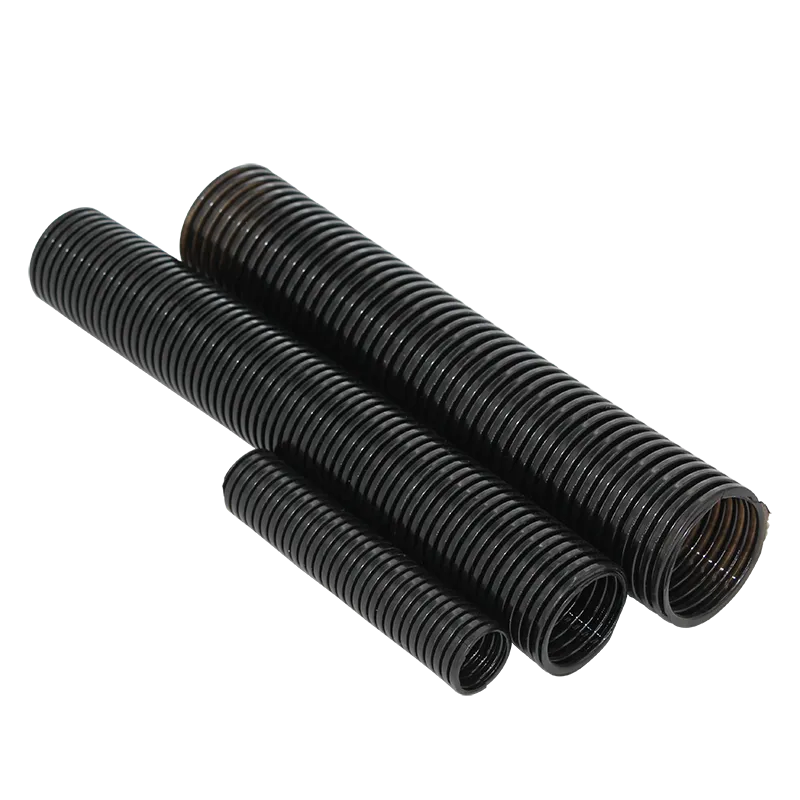Versatile Cable Tray Solutions for Effective Wire Management and Organization
Understanding Flexible Cable Tray Chains Essential Components for Modern Infrastructure
In today's rapidly advancing technological landscape, the need for efficient cable management solutions has become paramount. One of the most effective solutions is the flexible cable tray chain, which is designed to facilitate the organized routing of cables in various industrial and commercial applications. This article explores the key features, benefits, and applications of flexible cable tray chains, providing insights into their critical role in modern infrastructure.
What are Flexible Cable Tray Chains?
Flexible cable tray chains, often referred to simply as cable chains or drag chains, are systems that support and protect moving cables and hoses. These chains are composed of interconnected links that allow for a flexible yet robust framework. Unlike traditional fixed cable trays, flexible cable tray chains allow for movement and adjustments, making them ideal for dynamic environments where machinery may shift or where cables need to be regularly repositioned.
Key Features
1. Flexibility The primary characteristic of a flexible cable tray chain is its ability to bend and twist without causing damage to the cables inside. This is particularly beneficial in environments with machinery that has moving parts, such as robotics or CNC machines.
2. Durability Made from materials such as nylon or steel, these cable chains are designed to withstand wear and tear. Their rugged construction ensures longevity, providing excellent protection for cables against mechanical damage and environmental factors.
3. Customizable Length Flexible cable tray chains can be tailored to fit specific lengths and applications. Users can add or remove links as required, allowing for a bespoke solution that meets the needs of a particular setup.
4. Easy Installation Installation is straightforward, often requiring minimal tools. This ease of setup is crucial in industrial settings where downtime needs to be minimized.
5. Versatility These cable chains are suitable for a variety of applications, from small workshops to large manufacturing plants. They can accommodate a wide range of cable types, including power, control, and data cables.
Benefits
flexible cable tray chain

- Improved Organization Using flexible cable tray chains minimizes cable clutter, leading to a more organized workspace. This organization not only enhances safety but also facilitates easier maintenance and troubleshooting.
- Reduced Downtime With an efficient cable management system, the chances of cable damage decrease significantly. This reduction in damage leads to less downtime for repairs and replacements, translating to increased productivity.
- Enhanced Mobility In automated and robotic environments, the ability of flexible cable tray chains to move with machinery is invaluable. It allows for seamless operation, reducing the risk of entanglement and interruptions.
Applications
Flexible cable tray chains find applications in various industries, including
- Manufacturing In factories, they are used to manage cables for robotic arms, conveyor systems, and automated machinery.
- Construction Increasingly utilized in construction sites, these trays help manage power and communication cables in a flexible manner.
- Entertainment In the entertainment industry, they are often employed to route cables for lighting and sound equipment, particularly in dynamic setups like concerts and theaters.
- Telecommunications Flexible cable tray chains are essential in telecom installations, where the ability to handle numerous data cables efficiently is critical.
Conclusion
Flexible cable tray chains serve as a cornerstone of modern cable management solutions, providing numerous benefits across a wide array of industries. Their adaptability, durability, and ease of installation make them an excellent choice for ensuring organized and effective cable routing. As technology continues to evolve, the importance of innovative solutions like flexible cable tray chains will only grow, supporting the complex demands of contemporary infrastructure.








